The stories we hold
Our bodies keep the score and hold the stories of not only our past experiences, both good and bad, but also the societal and generational stories and conditioning.
Throughout our lives, especially our younger years, we are sponges, readily absorbing whatever information that comes our way, using it to make sense of ourselves and the world around us. This information generally comes in the form of societal, familiar and peer narratives that install certain views and belief systems within us. We may not even be consciously aware of these narratives, they could have been drip fed to us without our knowledge. For example if when you grew up your mother was constantly yoyo dieting, perhaps this has formed your view on health and weight, possibly even linking weight to self worthiness.
These narratives not only play a huge role in how we show up in the world, but also in how we view our bodies. They encompass a wide range of cultural, social and familial beliefs, values and expectations related to body image, beauty standards which in term impacts our capacity for pleasure. If we for example harbour negative narratives about our body or sex, our capacity to feel pleasure enjoy intimacy will be hindered.
So lets dive into what causes these narratives:
Media representation: The media, including advertising, television, film, and social media, often perpetuates narrow beauty standards that prioritize certain body types, skin colors, and features over others. Constant exposure to these images can lead us to compare ourselves unfavorably to unrealistic ideals, resulting in feelings of inadequacy or dissatisfaction with our own bodies.
Family dynamics: Familial attitudes and behaviors regarding body image can significantly influence our self-perception. For example, parents who frequently comment on weight or appearance, whether positively or negatively, can shape their child's body image and self-esteem. Additionally, familial cultural norms and practices related to food, exercise, and body shape can also impact how we view our bodies.
Cultural and social norms: Different cultures and societies have distinct norms and expectations regarding body image and beauty. These norms can vary widely, influencing perceptions of attractiveness, desirability, and self-worth. For example, some cultures may value larger body sizes as a symbol of prosperity and health, while others may idealize thinness.
Peer influence: Peers, including friends, classmates, and colleagues, can exert significant pressure on us to conform to certain body standards. This pressure can manifest through direct comments, implicit comparisons, or shared behaviors related to dieting, exercise, or appearance enhancement.
Gender expectations: Societal gender norms often dictate specific body ideals for men and women. For example, men may feel pressured to be muscular and tall, while women may face expectations to be thin with curves in all the "right" places. Deviating from these gendered norms can lead to feelings of insecurity or inadequacy.
Over time, we may internalize societal and familiar narratives about body image, incorporating them into our own self-perception. This internalization can lead to the adoption of harmful beliefs and behaviors, such as excessive dieting, body shaming, or seeking validation through appearance. But these aren’t the only narratives that we carry that impact our pleasure. We also carry narratives around intimacy and sex itself, for example gender roles and expectations, to be feminine is to be passive whereas masculinity is more dominant, this narrative can prevent us from speaking up and asking for what we really want and need, as well as having consequences when it comes to boundaries. Or the narrative that sex is for the young, implying that once women reach menopause not only do they no longer desire but that they are no longer desirable, which is quite simply not the case.
It is our responsibility to reflect on the narratives we may be carrying and to inspect and most importantly to question them. To ask ourselves why we believe certain things and when we learned them. It’s time to re-write the narratives around our bodies, sex and menopause.
